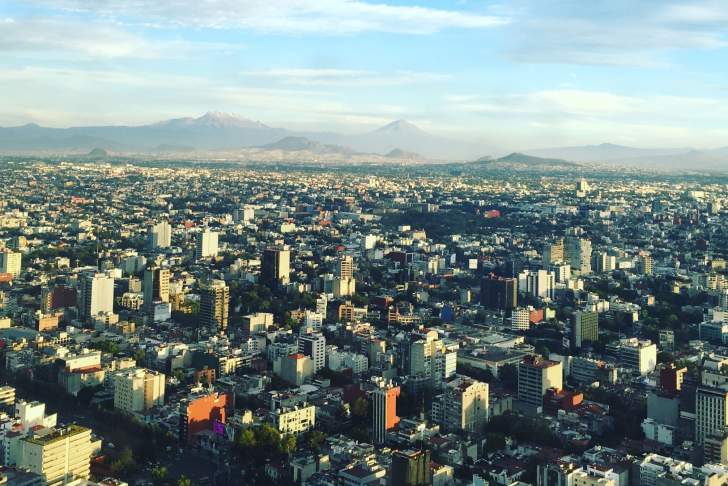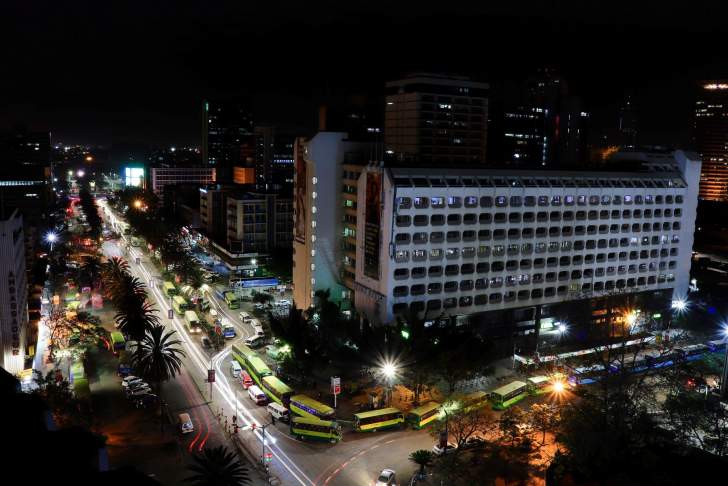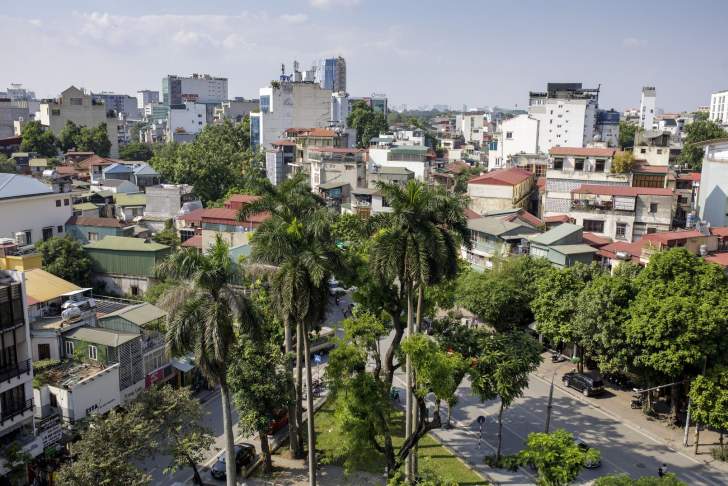Coherence in Practice

Introduction
An increasingly globalized economy, rapid urbanization, demographic growth, over-exploitation of resources in disaster-prone areas, and climate change make more and more people, economic goods as well as infrastructure, vulnerable to disaster and climate-related risks. As a result, development gains are eroded and efforts to build resilience and reach the sustainable development goals are compromised. Against this backdrop, the importance of developing and supporting strong cross-cutting approaches to boost the resilience of societies, build solid risk-governance mechanisms and reduce the impact of both natural and technological hazards becomes apparent.
GIDRM is working in Latin America/Caribbean and Asia/Pacific, focusing on two pilot countries that are vulnerable but possess the necessary institutional capacities and an established development cooperation portfolio that can be built upon: Mexico and the Philippines. While the UN is addressing the coherence challenge through common strategies and cooperation between UN-bodies, German development cooperation is aiming to support from the “bottom-up”. Firstly, national and sub-national examples of successful agenda-coherence are presented on regional platforms. Secondly, these examples are introduced as regional recommendations at international conferences to be confirmed as regional good practices.
To this end, the project is working with various stakeholders and networks as well as government agencies in a number of countries globally to identify good practices to strengthen practical coherence and foster a coherent transformation of planning, implementation and reporting processes. By formulating recommendations on risk governance, regulatory, finance and policy measures the project aims to increase the capacity of decision makers not only to anticipate climate and disaster risks but also to recognize the benefits of investing in coherence.





